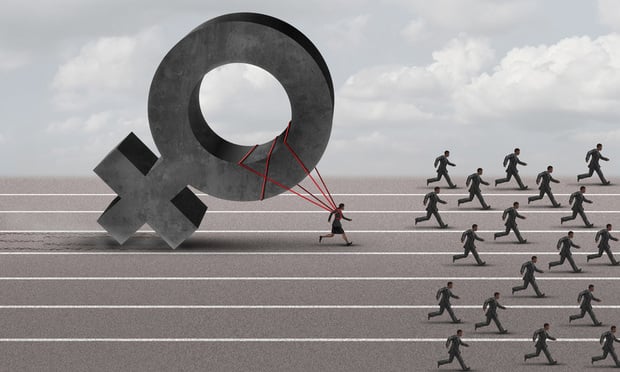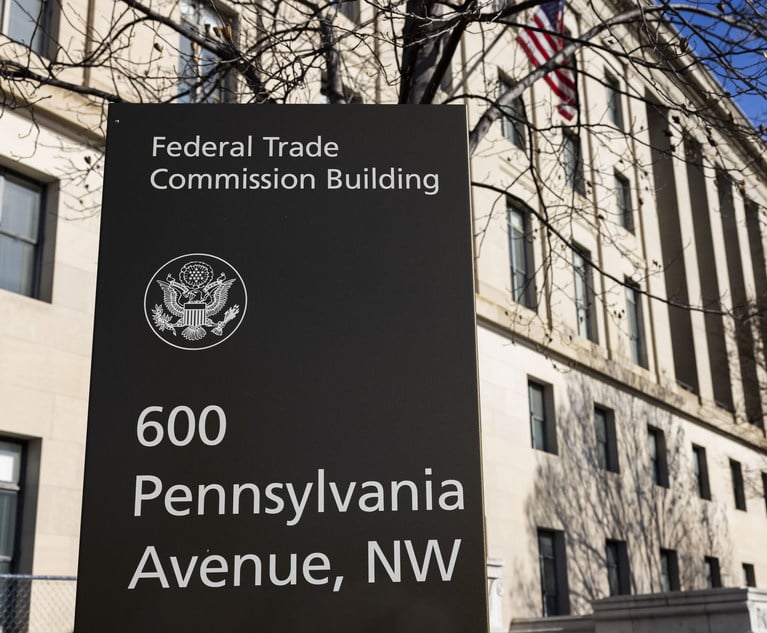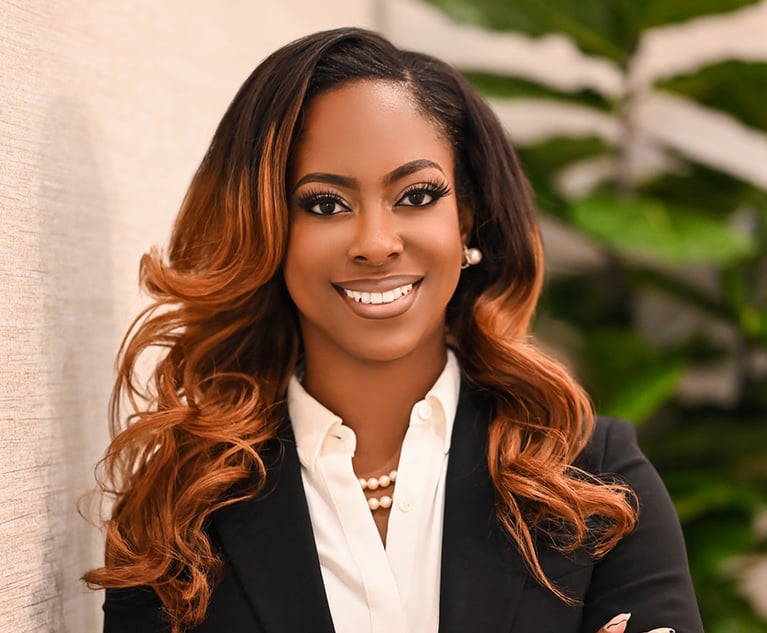At a time when a wave of sexual harassment and misconduct claims against high-profile men has roiled politics, the media and a variety of industries, law firms are suddenly contending with the reputational and legal risks associated with a potential claim of sexual misconduct or gender discrimination.
Even the handling of legal work for a man accused of sexual misconduct in this environment of heightened awareness can have a negative impact on a firm. Prominent lawyers and large law firms have yet to become direct targets of lawsuits alleging sexual harassment, but a law firm facing claims of any kind of gender discrimination could be at risk.










